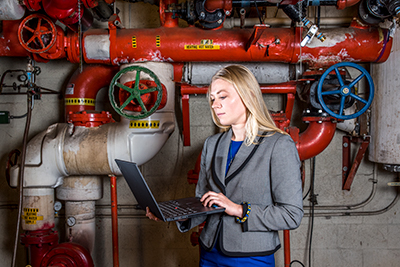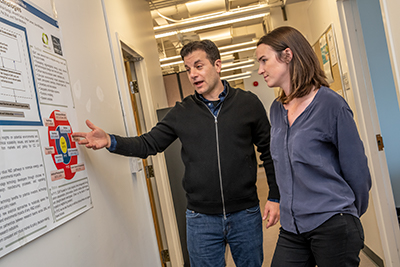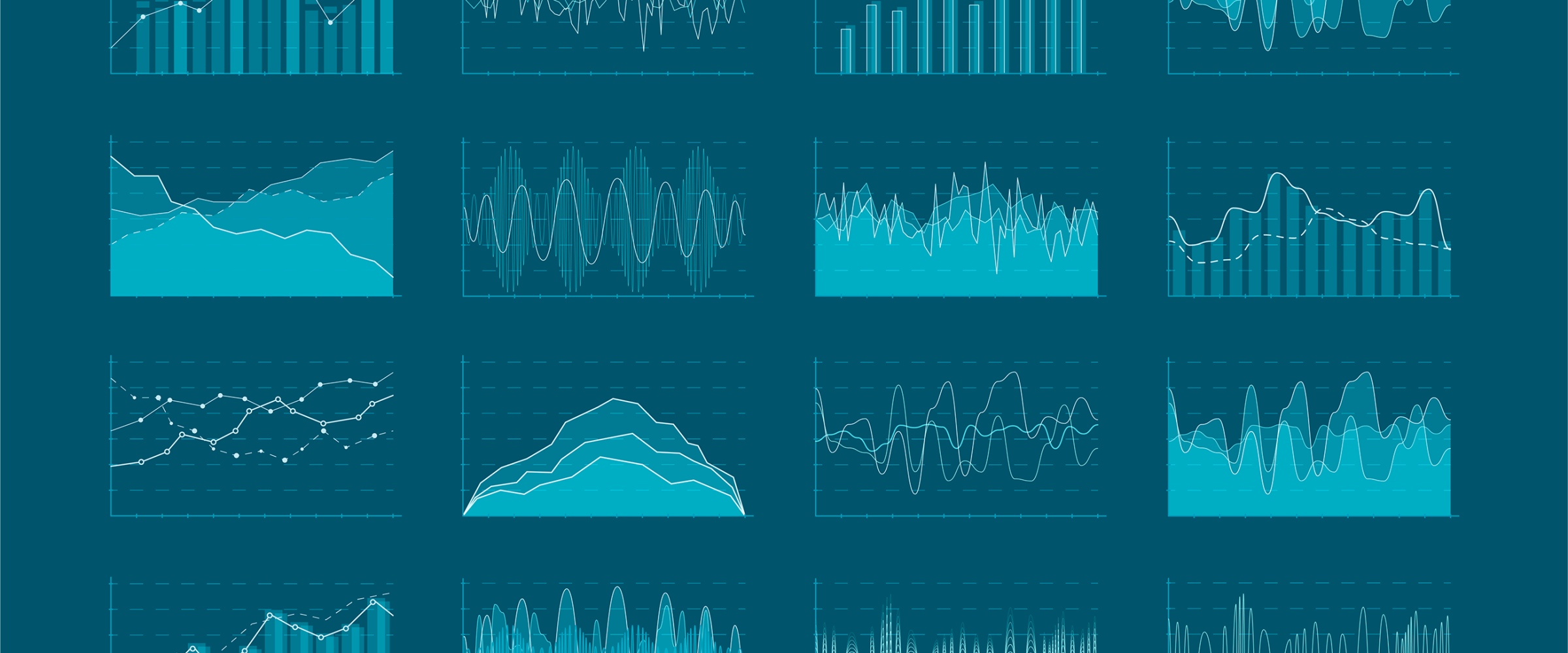
Emerging Technology Assessment
We apply Life Cycle Assessment (LCA) and Technoeconomic Analysis (TEA) to a wide variety of established and emerging energy technologies and strategies. LCA is a method that can be used to evaluate the potential environmental impacts of a product, material, process, or activity. TEA refers to cost assessments, including cost of production (minimum selling price at facility gate) and life-cycle cost (total cost of ownership, which may include monetized externalities) that require deep technical knowledge and a combination of engineering design and more traditional cash flow analyses.
These methods—in conjunction with other forms of decision analysis—help guide technology development and improvement targets, inform comparative pathway decisions, evaluate feasibility, and provide guidance through early identification and mitigation of financial or technical challenges. Our team conducts LCA and TEA of Low-TRL (Emerging) Technologies. We participate in a collaborative project with relevant experts (from DOE, National Labs, and universities) to develop methods and guidelines for applying LCA and TEA techniques and concepts to low-TRL (emerging) technologies in order to:
- Accelerate technology maturation
- Improve performance, costs, and minimize environmental impacts
- Minimize unforeseen risks

Emissions Mitigation Strategies and Scenarios
Modeling cross-cutting emissions mitigation strategies requires a breadth of sector knowledge and datasets. We continue to participate in modeling emissions mitigation efforts in California, where aggressive state goals have initiated a large set of complementary strategies to reduce emissions through 2050. We also contribute to national-level modeling efforts, where the focus has been on emission reductions from industrial sector manufacturing, transportation sector modeling, assessment of hydrogen technologies, and across-the-board emissions inventory assessment. We also conduct technology reviews and broad impact analysis for strategies with global impact, including electricity generation technologies, synthetic fuels, and lower-impact refrigerants.
